Samantha Power recommends 6 of her favorite books
The Pulitzer Prize-winning author recommends books by Andre Agassi, Primo Levi, and more

A free daily email with the biggest news stories of the day – and the best features from TheWeek.com
You are now subscribed
Your newsletter sign-up was successful
Samantha Power, a former U.S. ambassador to the United Nations, is a professor at Harvard Law School and Harvard Kennedy School, and author of the Pulitzer Prize–winning history A Problem From Hell: America and the Age of Genocide. Her memoir, The Education of an Idealist, has just been published.
The Second Bill of Rights by Cass Sunstein (2004).
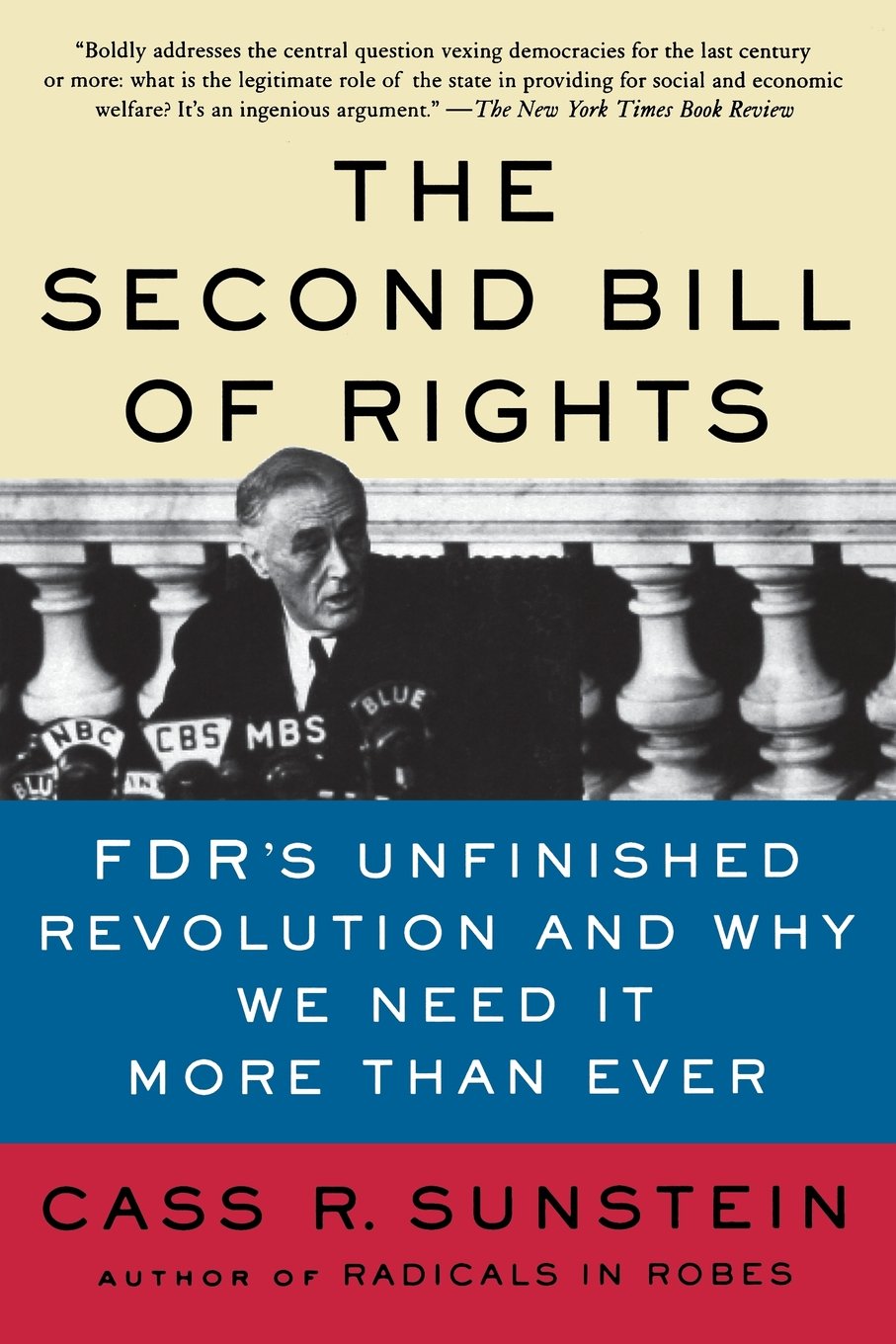
A never-more-relevant exploration of one of the greatest speeches of the 20th century: Franklin Delano Roosevelt's 1944 "Economic Bill of Rights" address. In connecting the defeat of fascism with economic security and independence, FDR highlighted the link between global peace and the individual longing for dignity. I liked the book so much that I married its author.
The Week
Escape your echo chamber. Get the facts behind the news, plus analysis from multiple perspectives.

Sign up for The Week's Free Newsletters
From our morning news briefing to a weekly Good News Newsletter, get the best of The Week delivered directly to your inbox.
From our morning news briefing to a weekly Good News Newsletter, get the best of The Week delivered directly to your inbox.
Survival in Auschwitz by Primo Levi (1947).
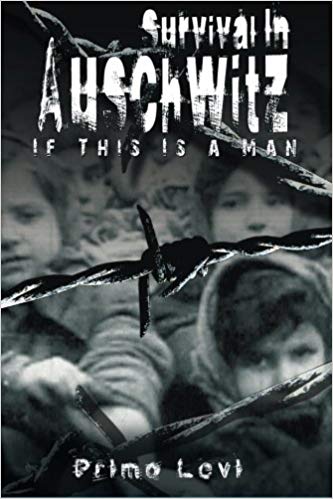
Levi's searing account of the Nazis' "demolition of man" raises often unanswerable moral questions. I read this memoir in my early 20s, and it helped ignite an abiding interest in the causes and consequences of the Holocaust. Rereading the book recently, I was struck again by the depth of Levi's character and the enduring power of his understanding of human nature.
Mothers and Sons by Colm Tóibín (2006).
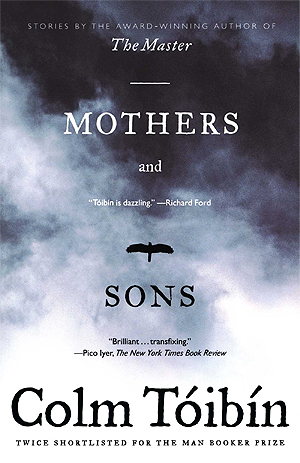
In this gem of a short-story collection by my favorite novelist, Tóibín explores from many angles the intricate bonds between mothers and sons, and the parental choices and dashed expectations that can leave their mark in life-altering ways.
A free daily email with the biggest news stories of the day – and the best features from TheWeek.com
The Unwomanly Face of War by Svetlana Alexievich (1985).
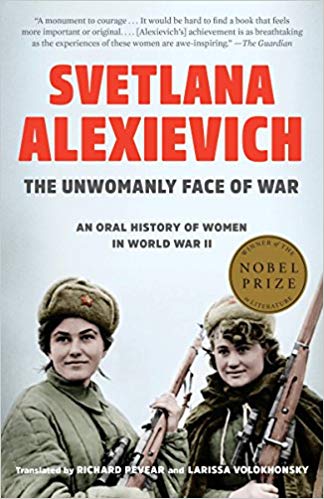
Alexievich crisscrossed the former Soviet Union to hear directly from women whose roles were essential in World War II but whose voices had rarely been heard. In awarding her the Nobel Prize, committee members rightly credited her with inventing a new literary genre: "a history of emotions ... a history of the soul."
Just Mercy by Bryan Stevenson (2014).
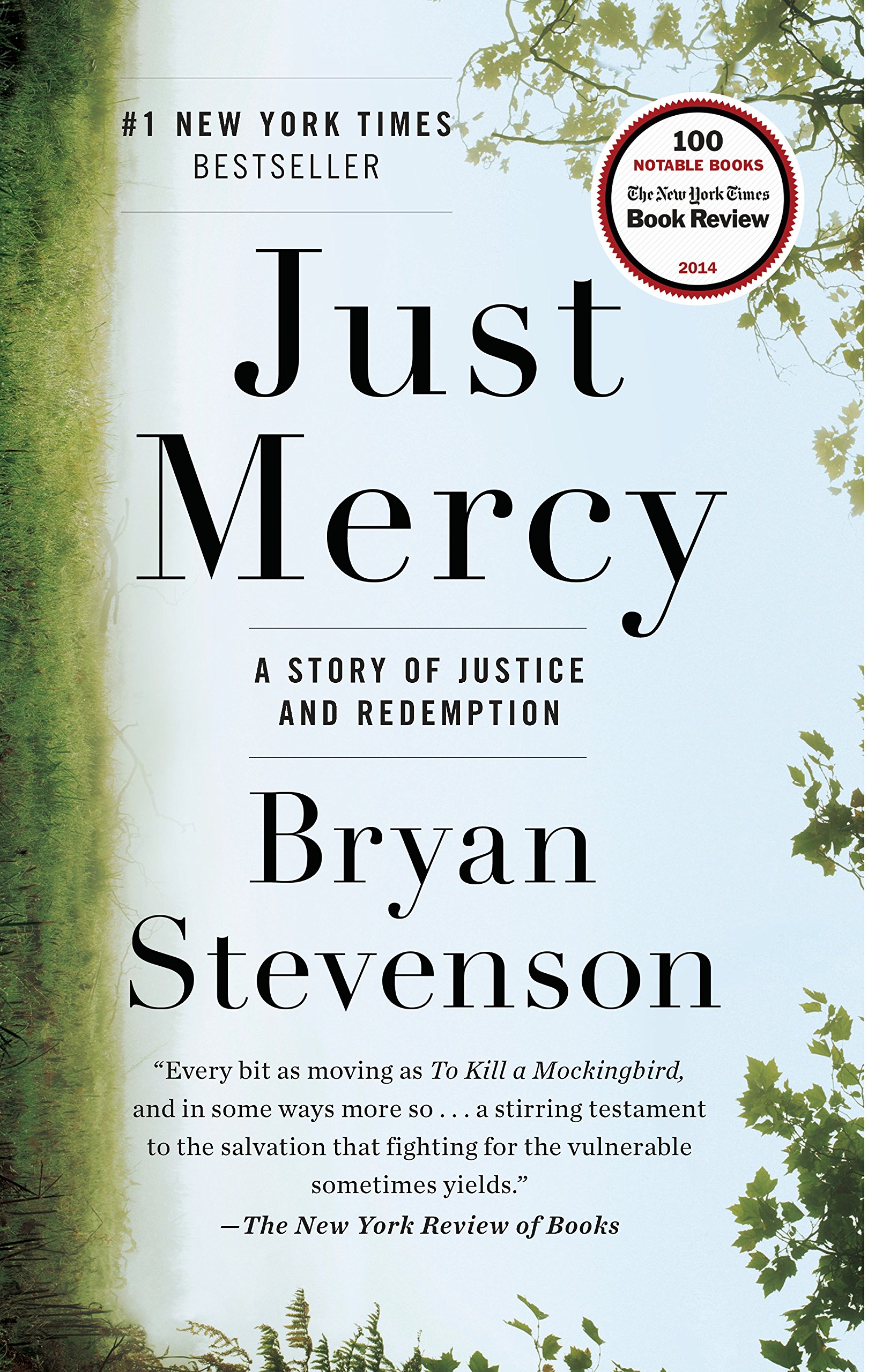
In this enraging yet ultimately inspiring memoir, the founder of the Equal Justice Initiative recounts his work championing those denied fair trials, whether because of their skin color or their lack of means. Stevenson, whether in the Supreme Court or with an incarcerated client, never loses sight of those he refuses to leave behind.
Open by Andre Agassi (2009).
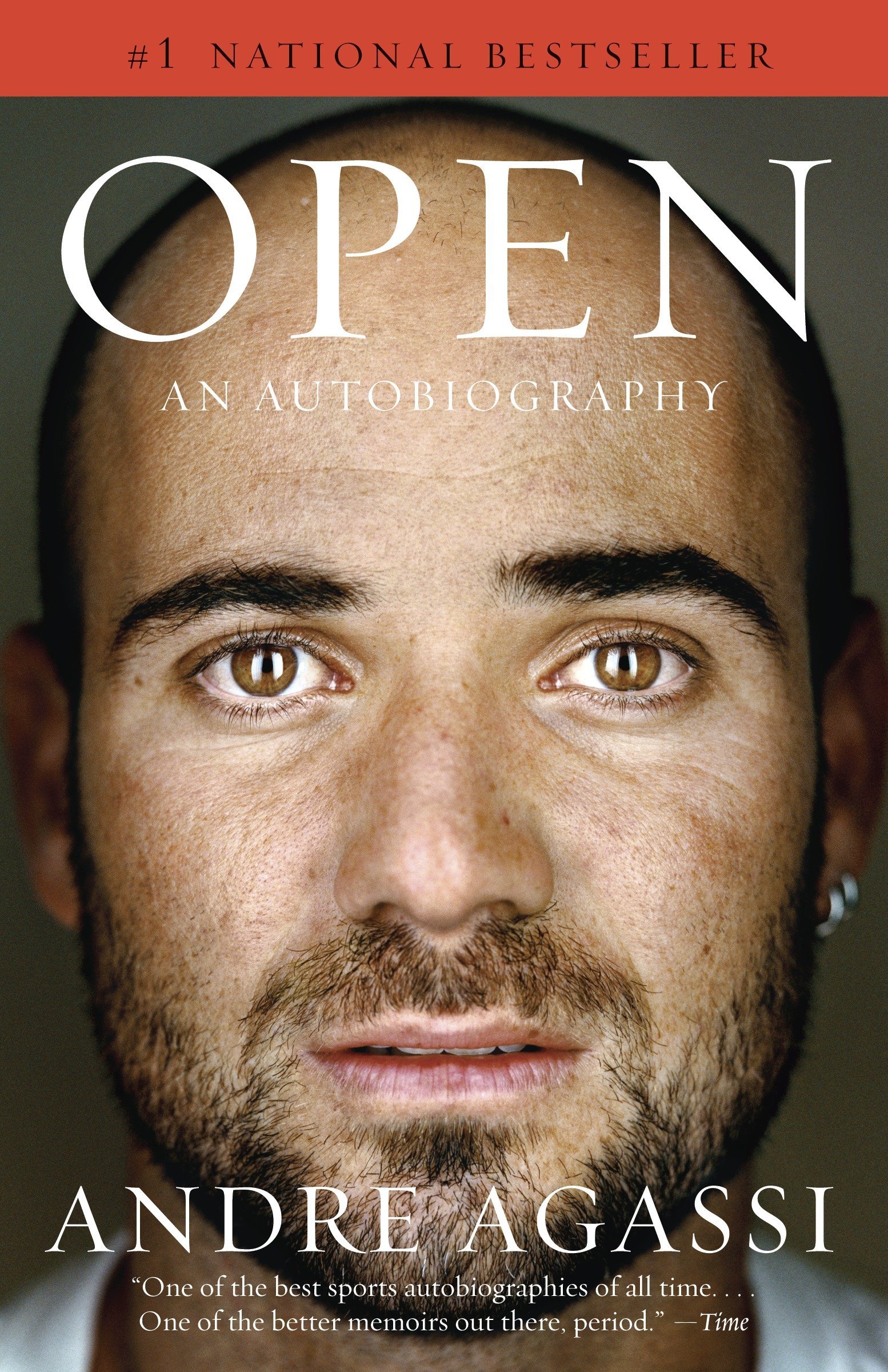
You don't have to like tennis to be swept away by Agassi's gripping storytelling and rich personal portraits. He reminds us how some people are lucky enough to be born into loving families, and others build them from scratch by nurturing soul-sustaining friendships. Reading this remarkable book while trying to write a memoir was a bad idea.
-
 How the FCC’s ‘equal time’ rule works
How the FCC’s ‘equal time’ rule worksIn the Spotlight The law is at the heart of the Colbert-CBS conflict
-
 What is the endgame in the DHS shutdown?
What is the endgame in the DHS shutdown?Today’s Big Question Democrats want to rein in ICE’s immigration crackdown
-
 ‘Poor time management isn’t just an inconvenience’
‘Poor time management isn’t just an inconvenience’Instant Opinion Opinion, comment and editorials of the day